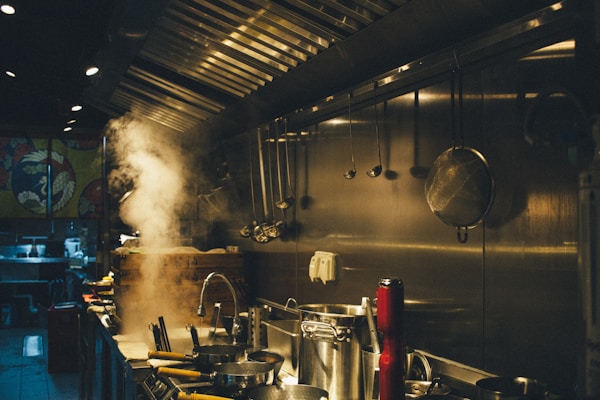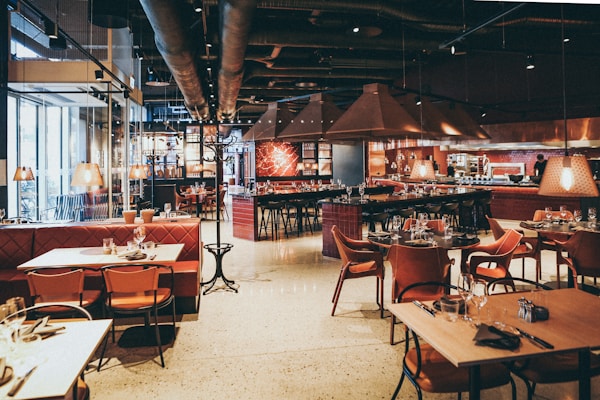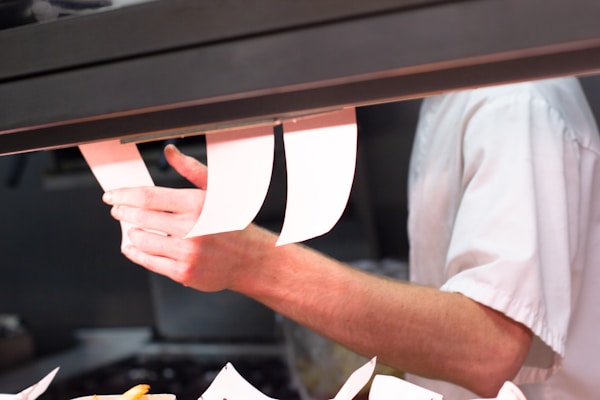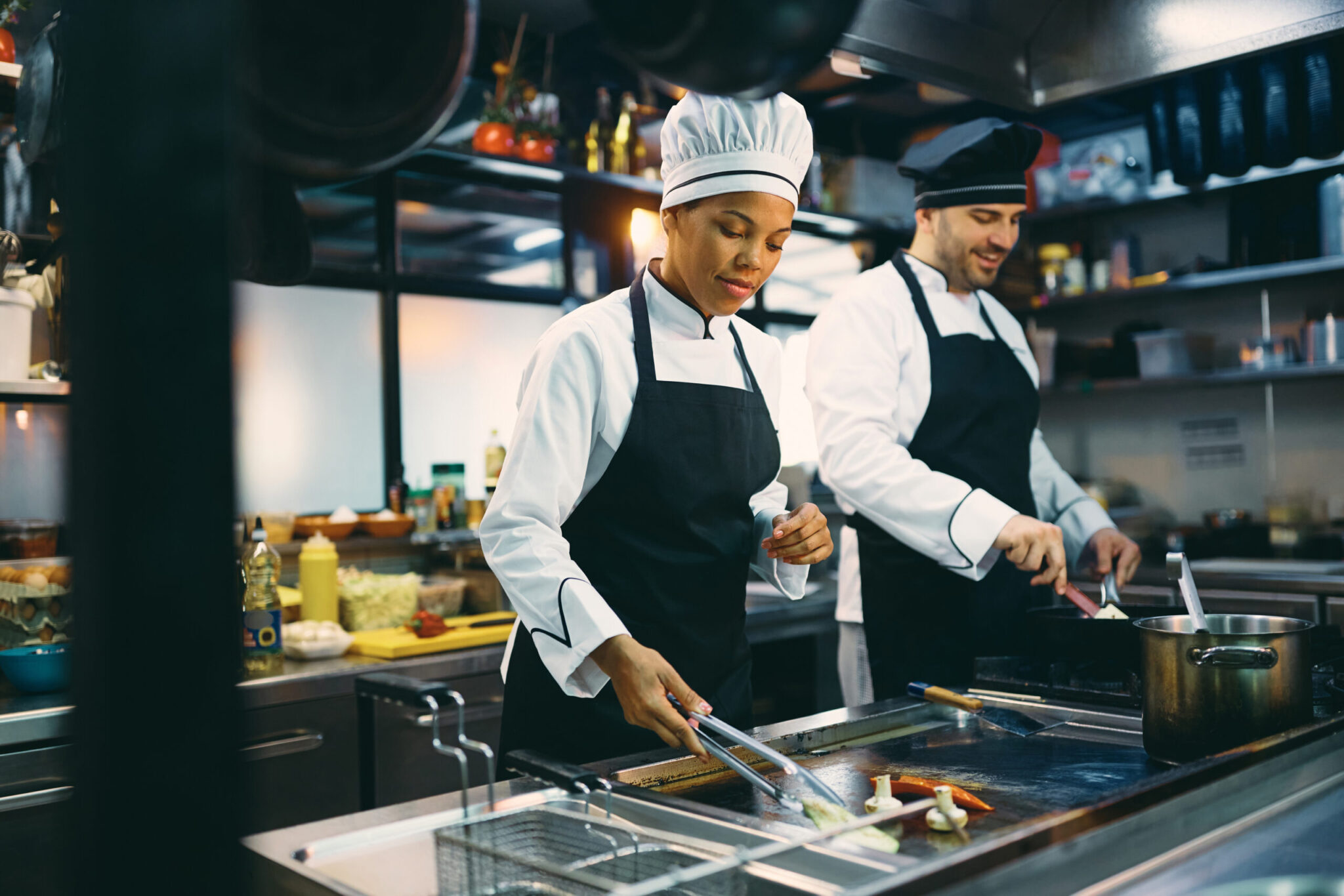Starting a restaurant kitchen can be an exciting and profitable venture if all the necessary steps are taken to ensure its success. From selecting the right location to choosing the best commercial cooking equipment, every aspect of the kitchen setup process deserves careful consideration. Keep reading to explore some crucial tips to help you create a successful commercial kitchen from scratch.
Selecting High-Quality Equipment

Investing in high-quality, reliable commercial kitchen equipment is essential to the smooth operation of your business. Consider energy efficiency when choosing your equipment, as this can result in significant cost savings over time. Maintenance and durability should also be considered when purchasing commercial kitchen equipment. Think about the long-term costs of owning and maintaining the equipment, and opt for brands that are known for their reliability and ease of maintenance. Additionally, establish a preventive maintenance schedule to minimize downtime due to equipment malfunction or repairs.
Essential equipment items for a commercial kitchen include refrigeration units, ovens, ranges, grills, deep fryers, and dishwashers. Depending on the specific needs of your business, you may also require specialized equipment such as pasta cookers, steamers, toasters, pressure fryers, and hot food counter displays.
Choosing the Right Location and Space

One of the most important aspects of starting a commercial kitchen is finding the right location and space. It’s essential to choose a location that is accessible and convenient for both your staff and customers. Consider factors like parking availability, proximity to public transportation, and local demographics before making a decision.
Additionally, it’s crucial to select a space that meets the specific needs of your business. Ensure that the kitchen layout allows for smooth and efficient workflow and that there’s ample room for storage, prep stations, and cooking. Don’t forget to check the building’s infrastructure to make sure it can accommodate the heavy electrical and plumbing demands that come with running a commercial kitchen.
Finally, when looking for the ideal location, it is also important to research local regulations, zoning laws, and health department requirements. Knowing this information in advance can save you from potential issues and hefty fines later on.
Implementing Efficient Workflow and Personnel Management

Efficient workflow and personnel management are vital to the success of any commercial kitchen. Start by ensuring that your kitchen layout promotes optimal workflow for your team. This may include strategically placing prep stations near cooking equipment, having separate areas for dishwashing and food storage, and implementing a designated area for the delivery of supplies to minimize disruption to your kitchen’s operations.
Developing proper procedures and training for your staff is also paramount in creating an efficient commercial kitchen. Invest in employee training programs and establish standard operating procedures for food handling, personal hygiene, and equipment use. This helps ensure consistency and quality in both food preparation and customer service.
Lastly, effective communication within your staff is crucial to maintaining a fast-paced and productive work environment. Encourage open and honest feedback from your team members and hold regular staff meetings to address any concerns or suggestions for improvements.
Promoting Food Safety and Maintaining Cleanliness
Food safety and cleanliness are top priorities in any commercial kitchen. Establish a stringent cleaning schedule and assign specific cleaning duties to staff members to ensure that all areas of the kitchen are kept clean and sanitized. Regularly educate your staff on the importance of personal hygiene, proper food handling practices, and maintaining a clean workspace.
Additionally, have a system in place for tracking and repairing any broken equipment or fixtures that may compromise the kitchen’s cleanliness. Periodic inspections by the local health department or a third-party food safety auditor can also help identify potential hazards and areas for improvement.
Implementing a strong pest control program is another essential aspect of maintaining a clean and safe commercial kitchen. Work closely with a reputable pest control company to develop strategies to prevent pest infestations and ensure a hygienic environment.
Overall, establishing a successful commercial kitchen requires careful planning and attention to detail. By choosing the right location, investing in high-quality equipment, implementing efficient workflow and personnel management, and promoting food safety and cleanliness, you can create a thriving and profitable kitchen operation.




